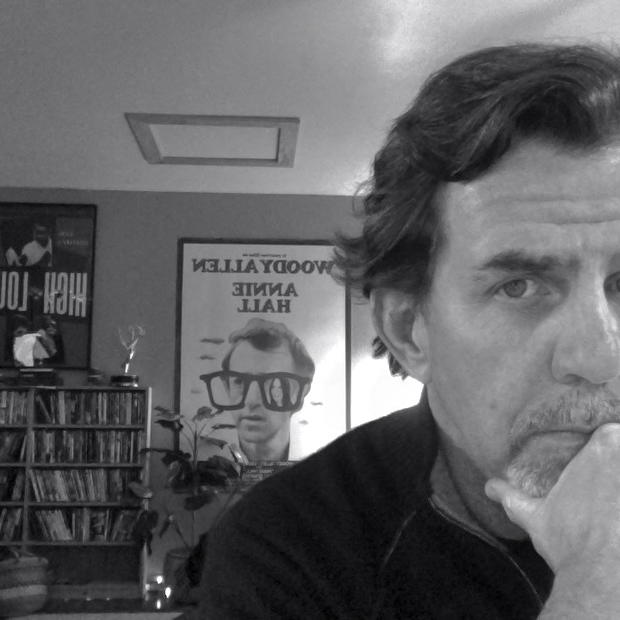Wild is the lukewarm and fitfully engaging movie version of author Cheryl Strayed’s radiant and absorbing memoir. The movie would like to be loved like the book was loved. But the film is burdened by its star, the not exactly loveable Reese Witherspoon, and its prickly construction, which reduces Strayed’s emotionally gripping memories of her mother to brief, fragmentary snatches. Even with these drawbacks, however, Wild still manages to convey the moving intimacy that made the book a pleasure to read, thanks to the author’s vivid, honest compassion for her own journey of reinvention.
The arc of Strayed’s emotional odyssey was perfectly suited to the physical arc of her 1,100 mile trek along the Pacific Crest trail. Through mile after mile of wilderness, one boot plodding after the other in monotonous repetition, Strayed had plenty of time to remember, regret and reenact the circumstances of her upbringing, the sad and too-quick death of her mother from cancer and her subsequent descent into self-destructive behavior.
The author’s clear and forceful writing presented an easy blueprint for Nick Hornby’s adapted screenplay. The book’s most poignant episodes are all here, several of the supporting and minor characters show up and the chronology is intact. But many characters and incidents have been compressed or composited, and others completely made up. This may rankle obsessives, but Hornby’s liberties are minor compared to the movie’s more obvious drawbacks.
The director, Jean-Marc Vallée (Dallas Buyers Club), chose to present the compelling events of Strayed’s life, including her promiscuity and heroin use, not as self-contained vignettes with inherent dramatic power, but as flitting distractions, like a pesky swarm of backcountry mosquitos intruding on her wilderness reveries. The hiking sequences themselves are serviceable, filmed with a crisp REI magazine-ad brightness, but they’re never enthralling enough to create any kind of natural high, so when they’re interrupted by Strayed’s interior recollections you never feel emotionally transported. The film moves back and forth in time without conveying much in the way of grief or growth, which were the two motivating factors for Strayed’s sojourn in the first place.

Witherspoon’s performance isn’t helpful. Her style, distant and brittle, served her well in her two best films, Election and Walk the Line, but as Strayed she pushes back against empathy. She captures Strayed at her worst — strung out on a street corner or having sex with two men in an alley (which actually never happened) — but not Strayed at her most vulnerable and heartbreaking.
At 38, Witherspoon is also too old for the part. Her scenes with her mother, played by Laura Dern, who is only nine years older, strain at credibility. In these scenes you can see how Vallée’s jittery structure provides some necessary cover, but the excellent, always emotionally available Dern is given short shrift. Other characters fare even worse, especially all of Strayed’s fellow hikers, travelers who buoy her self-confidence and help her to heal. I kept imagining how the whole movie would have worked better with Jennifer Lawrence as Cheryl, an actor whose face and body can express a thousand emotions.
Despite these negatives, Wild ends on a touching, inspirational high note, thanks to a llama, a little boy and a classic American folk song. The final sequence is sentimental, but it provides the same catharsis for the viewer as Cheryl Strayed’s memoir did for the reader. Her stirring journey of redemption, while never especially unique, was made powerful simply by her unvarnished sharing of it.
This article first appeared in The Restless Critic.


